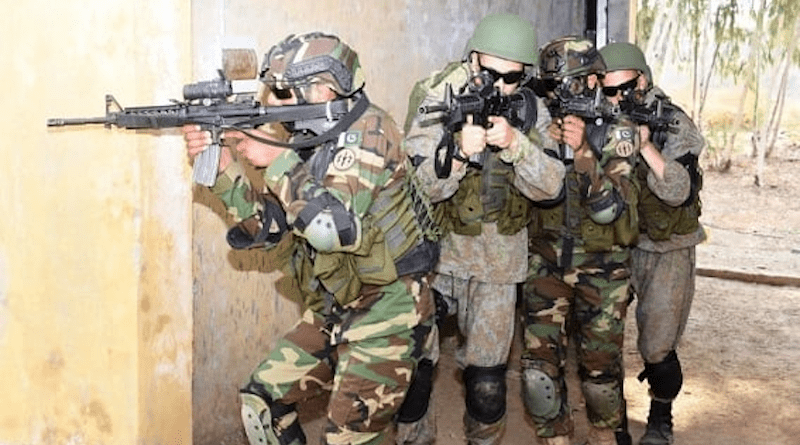Pakistan Army Faces Internal Turmoil Over Military Operation

The Pakistan Army is grappling with significant internal dissent and fear of blowback as it contemplates a military operation against the powerful Tehrik-i-Taliban Pakistan (TTP) and its supporters in Kabul. The palpable anxiety was evident during the recent 265th Corps Commanders’ conference, where commanders expressed concern over “unwarranted criticism” and “deliberate misrepresentation,” reflecting deeper underlying issues.
One major concern is the potential backlash from Pashtun communities on both sides of the Durand Line. These communities have harboured deep resentment against the army, especially following brutal military assaults on civilians, including women and children, during General Raheel Sharif’s tenure. This resentment has only grown with the launch of the new Operation Azm-i-Istehkam, which many fear will lead to significant collateral damage without achieving credible outcomes.
The growing public anger has exacerbated divisions within the army regarding the scope and nature of the military offensive. Recent videos depict military officers struggling to convince local populations of the army’s intentions, often with little success. This has further deepened the rift among senior commanders, with some questioning the effectiveness and ethical implications of the operation.
The discontent within the army, simmering since the ousting of Imran Khan as Prime Minister two years ago, threatens to escalate. The unceremonious sacking of Khan has already caused significant unrest among the ranks. The current disagreement among commanders over the counter-terrorist offensive could intensify these sentiments, potentially leading to greater instability within the military.
The Pakistan Army’s leadership faces a precarious situation as it balances the need to address the threat posed by the TTP with the risk of internal dissent and public backlash. The outcome of Operation Azm-i-Istehkam and the army’s ability to manage internal divisions will be crucial in determining Pakistan’s stability in the coming months. As the situation unfolds, the leadership’s strategy and decisions will be closely watched by both domestic and international observers.
The brazen attack on the Bannu military cantonment early this week has added to the dilemma and confusion about the military offensive. The Hafiz Gul Bahadur faction of TTP carried out the suicide attack, killing about eight soldiers and forcing a heavy deployment of troops in the tribal area closer to Islamabad.
There is widespread scepticism among the people about the intent and capability of the Pakistan Army. There is a growing belief that the army is not keen on taking on terrorist groups as a whole but only interested in keeping TTP beyond the Durand Line. The army has shown no inclination to root out terrorism from Pakistan, sticking to the old line of thinking–good Taliban, bad Taliban. Several terrorist groups are actively being engaged with funds and arms to push militants into Indian Kashmir. The army’s links with the Haqqani Network and even al Qaeda remain strong. The biggest fear of the tribal community is that ham-handed military operations could result in heavy damage to their home and life as during the previous military operations. Thousands of tribal families had to flee their villages and towns, seeking shelter in make-shift tents, for several months only to return to their devastated homes later. Early in July this year, hundreds of residents in Pakistan’s Swat Valley and Orakzai tribal district took to the streets to protest against the military operation, calling for a nation wide protest later in the month, a clear sign of growing public anger against the army.






